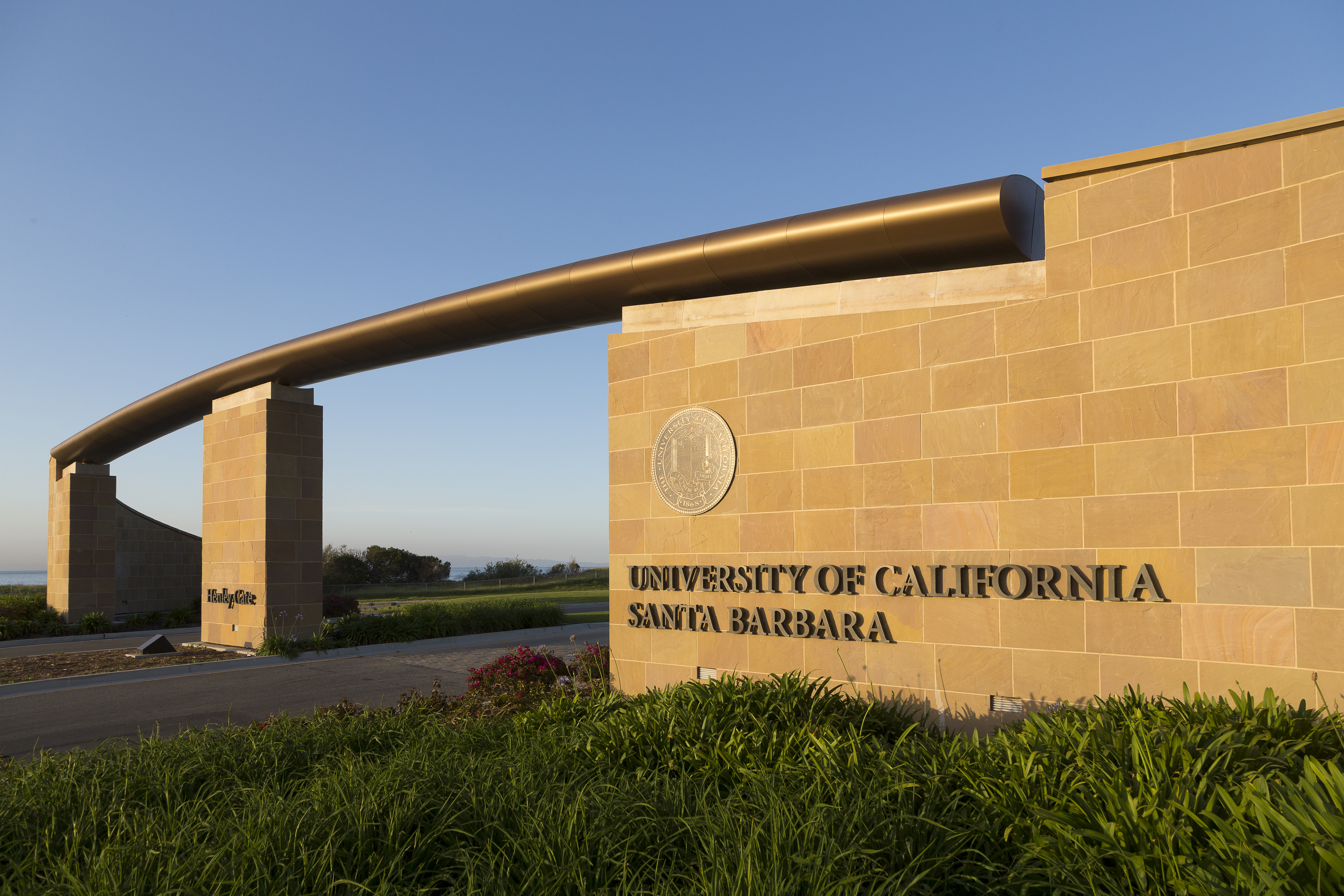5 Important Things to Know About the Clery Act

5 Important Things to Know About the Clery Act
Content Warning: This article includes references to sexual assault and interpersonal violence.
The following information is being provided so that you can make informed decisions about your safety. We encourage all community members to care for their needs and well-being while reading this article, especially those who have been impacted by similar forms of violence.
CARE provides free and confidential support and advocacy to students, staff, and faculty who have experienced sexual violence, including sexual assault, relationship violence, and stalking. Please call the 24/7 confidential phone line (805) 893-4613 any time to explore your rights, options, and support. CARE website: care.ucsb.edu
Information about UCSB’s policies and support resources for sexual violence can be found at: titleix.ucsb.edu
Understanding the Clery Act:
It’s been 35 years since the death of Jeanne Clery and even after all of these years, very few people know about the law named in her honor or understand how it benefits them. Here are 5 important things you should know about the Clery Act and how to stay informed about campus safety:
- The Clery Act is a consumer protection law that requires colleges and universities to make information about reported crimes and campus safety policies readily available to the public. The law is named after Jeanne Clery, who was sexually assaulted and murdered in her residence hall room while a freshman at Lehigh University. After her death, her parents learned there had been 38 violent crimes in and around Lehigh in the past three years, and had they known that they may have made a different choice about where Jeanne went to school. Since standards for campus crime reporting did not exist at the time, they lobbied Congress to pass the Clery Act to make that kind of information available to future students and families. Designed with transparency and accountability in mind, the Clery Act is meant to help both current and prospective students and employees make informed decisions about where they study, live, and work.
- Each year, in compliance with the Clery Act, colleges and universities publish their Annual Security Report (ASR) by October 1st. (Campuses with on-campus student housing also publish an Annual Fire Safety Report (AFSR.) This report contains important information about campus policies concerning crime prevention, crime reporting, alcohol and drug use, sexual and interpersonal violence, student discipline, and much more. It is a collaborative report between every division on campus, making it your one-stop resource guide for information about campus safety and security. UC Santa Barbara’s Annual Security & Fire Safety Report (ASFSR) can be found here: https://www.police.ucsb.edu/asfsr
- The ASFSR includes statistics for the previous three years concerning reported crimes that occurred on campus, in certain off-campus buildings or property, and on public property adjacent to and accessible from campus. These numbers reflect reports of sexual assaults, hate crimes, alcohol violations, motor vehicle thefts, and dating violence, among other crimes. In addition to crimes reported via police reports, statistics include crimes reported to Campus Security Authorities (CSA's) such as RAs, Student Conduct staff, Title IX investigators, coaches in Athletics, and other staff responsible for student activities on campus. We know that not all crimes are reported to police. By including reports from CSAs we ensure our statistics are as accurate as possible, so you know what crimes are being reported on and around campus. (Keep in mind that higher statistics do not necessarily mean the campus is less safe. It may be an indicator that people are more open and comfortable reporting when a crime occurs.)
- Under the Clery Act, colleges and universities must have a system in place to notify the campus community in the event of an emergency or threat to campus. That system on our campus is known as UCSB Alert and we send two types of messages to all students and employees:
- Emergency Notifications: sent by text and email when there is an emergency or dangerous situation on campus that involves an immediate threat to health or safety (i.e., hostile intruder, bomb threat, natural disaster, etc.). The purpose is to provide life-saving information and instructions during an active emergency.
- Timely Warnings: sent by email when a Clery crime that occurs on Clery geography represents a serious or ongoing threat to the campus community. In addition to warning community members, these messages are meant to aid in crime prevention and provide important resources and safety tips.
All students and employees are automatically registered for UCSB Alert with their UCSBnetID@ucsb.edu email address. To add a cell phone number to receive text messages, or to add additional email addresses, login in to alert.ucsb.edu with your UCSBnetID and password.
- Another way to stay informed about safety on and around campus is through the Daily Crime Log (DCL) maintained by UCPD and the 60-day Fire Log maintained by EH&S. The DCL is typically updated every business day and includes all crimes reported to UCPD that occur in UCPD’s patrol jurisdiction. The Fire Log contains a record of fires that have occurred in on-campus student housing facilities for the most recent 60-day period. Both logs provide data on an on-going basis which allows access to important information without having to wait for the publication of the ASFSR.
We all play an important role in campus safety and security and we encourage you to use this information about the Clery Act to keep yourself informed. Together we can all maintain a healthy, safe, and positive environment at UC Santa Barbara.
For any questions about the Clery Act please contact Clery Act Coordinator Jessica Fougere at (805) 893-2324 or jfougere@ucsb.edu